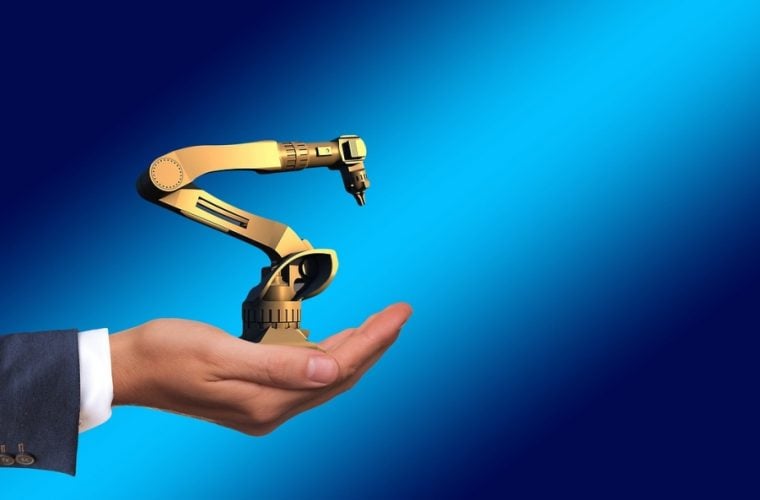
How to Be Your Own CIO
Most small companies can’t afford an executive-level technology officer. In fact, most can’t even afford an in-house IT staff. Yet in today’s world, the most competitive businesses take advantage of cutting-edge technology. They don’t just buy the latest gadgets and software that come on the market. They understand how technology can improve operations, enhance communication, and build better customer relationships.
As a small business owner, you’re already CEO, and you’re probably doing the work of the CFO and CMO. Now, it’s time to add another position to your resume: CIO.
What Does a CIO Do?
A chief information officer (CIO) oversees the way technology is implemented for a company. CIOs look at ways to integrate technology with what a business is trying to accomplish. A CIO with training in technology management might oversee a cloud deployment, help a company build a datacenter, take charge of a company’s network security, authorize software purchases, and manage the way that an organization handles the massive amounts of data that it generates.
Small business owners don’t have to worry about protecting petabytes of data or coordinating POS systems between 600 stores. You do have to look at the latest technology and understand how it could benefit your company. In doing so, you have to balance the potential long-term cost savings or revenue generation power of technology against its upfront costs and maintenance requirements.
Let’s examine some of the main technologies a corporate CIO deals with and how they adapt for small companies.
Data Processing and Storage
Storing and processing data takes a lot of computing power. You have to keep it safe and protect your customers’ privacy, but you also need to analyze data to get insight into your business. Here are some data-related questions that a CIO would ask:
- Do you have good network security and antivirus protection?
- Do you require employees to use strong passwords? Do they protect their passwords?
- Do you educate your employees about phishing attacks and other ways that criminals try to steal data?
- Do your employees download your customer data or intellectual property onto their personal computers, mobile devices, or USB sticks?
- Do you have a process for keeping customer data current?
- Do you have a customer relationship management (CRM) system in place for taking care of your loyalty program, sending out marketing messages, and sharing coupons and promotions with your customers?
- Do you analyze data to get insight into the demographics and purchasing habits of your customers? If not, what software could help you do that?
POS and E-commerce
At the end of the day, your business exists to sell things and to collect revenue. New POS technologies make cashiering easier and cheaper than ever before. If your business has an online component, you have to make sure that your e-commerce site is both secure and available at all times. As your own CIO, you need to ask yourself:
- Would you save money by switching to a mobile POS system?
- Does your website work quickly enough?
- Is your website available 24/7, or is it having problems with downtime?
- Is your website easy to view on a mobile device?
- Does my POS system, both in-store and online, protect my customers’ financial information?
Communication
Technology can offer huge advantages for communicating with customers and within your company. Ask these questions to see how technology could enhance your communications:
- Could switching to cloud software for bookkeeping, POS, communications logs, and other solutions eliminate paper recordkeeping?
- Would using a VoIP phone service or an IP-PBX system make your business more efficient and professional?
- How are you using technology to promote in-store events, sales, and new product rollouts? Do you have a company blog and a social media presence?
- Do you have a policy related to what employees can and can’t say about your business on social media — as well as how you expect them to treat each other professionally online?
- Do you take appropriate steps to secure your email communications, and do you have protections in place to curb spam?
Your Mission, if You Choose to Accept It
The best CIOs see how technology serves customers better, and they make strategic investments to get more of it. Then, they govern how employees use technology, and they learn as they go. Technology management is just as important as accounting, purchasing, and marketing. When you don’t have the budget to hire a CIO, the buck stops with you.
Contributed by Michaela Kajiwara, freelance writer.
Photo Credit: Provided by Business Outreacher with permission to use. Shutterstock image.














